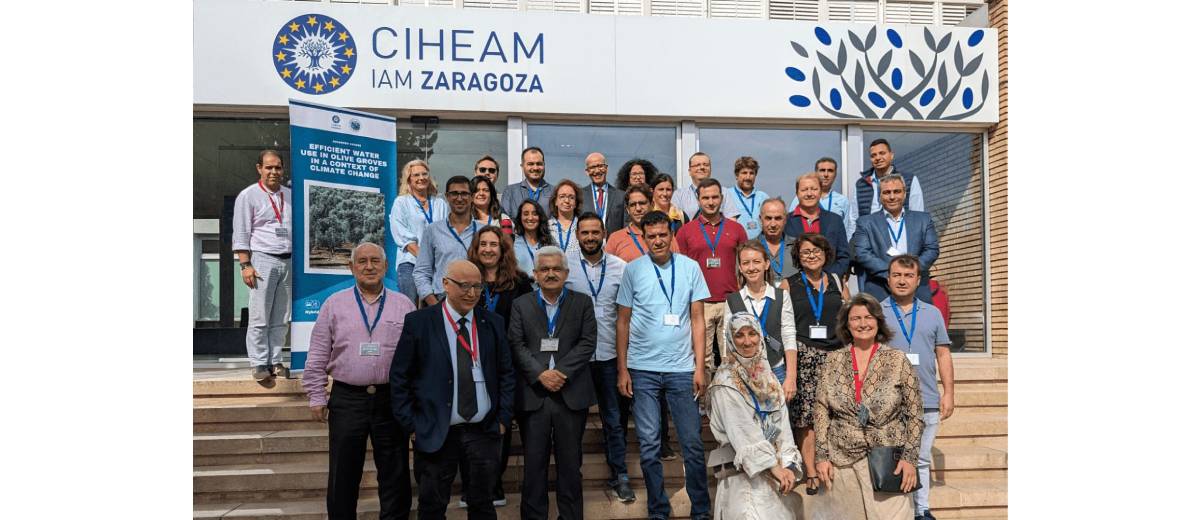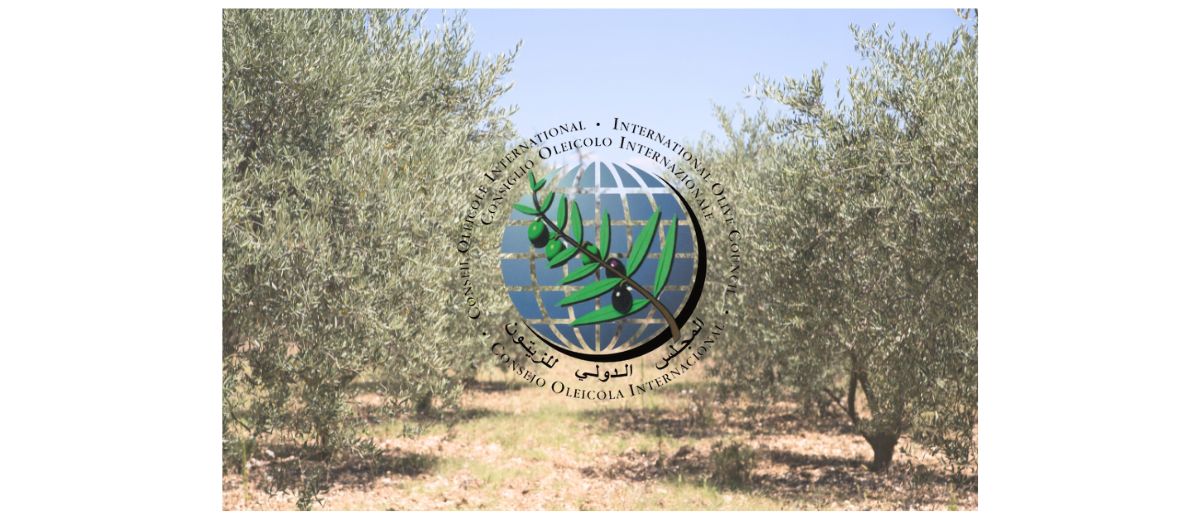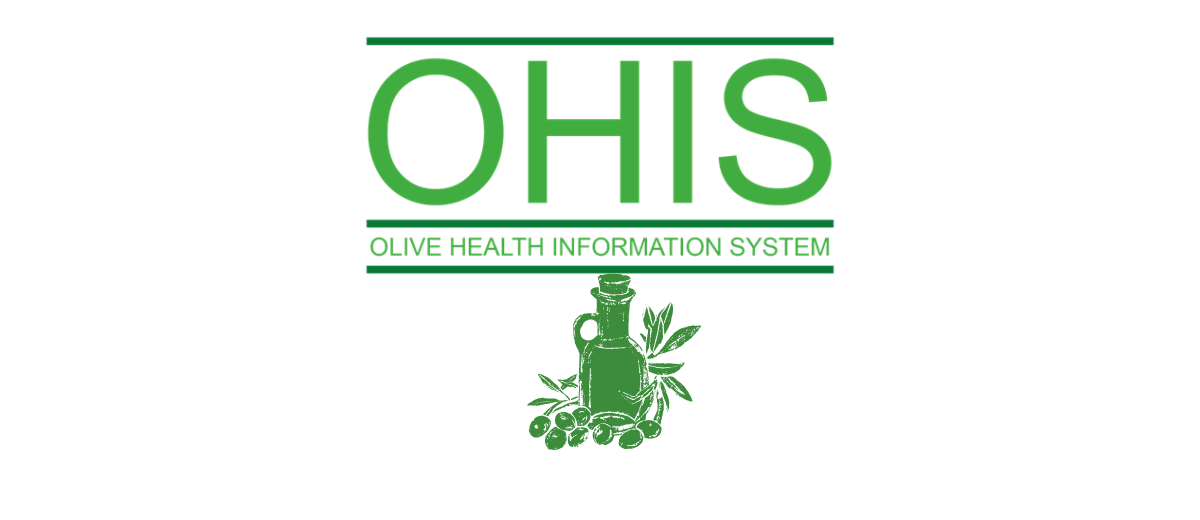It is well-known that water is becoming an increasingly scarce commodity across the planet. This new reality has pushed olive-growing countries to adopt novel policies and to take decisions with regard to national water management that will certainly have a considerable impact on the sector’s future, and that of our communities as a whole. It is in this context that the International Olive Council (IOC) and the Mediterranean Agronomic Institute of Zaragoza (CIHEAM – IAMZ) have launched their advanced course on Efficient Water Use in Olive Groves in a Context of Climate Change. The course will run from Monday 18th to Saturday 23d of September, 2023. Throughout this week, course participants will dive into how water can be used efficiently in olive growing, specifically within a context of climate change; learn about the olive crop’s water requirements and its soil balance, and adopt recommended management strategies aimed at preventing water losses in the field; as well as introduce innovative and groundbreaking technologies with a view to optimising water use and other resources, and improve irrigation management strategies through the use of low-quality water, soil management and fertigation. Finally, this course will also constitute a unique opportunity for the students to share their know-how and personal experiences from their countries of origin, thus creating an exclusive collaborative space aimed at tackling the sensible issue of climate change from the perspective of water usage in olive groves. The inauguration ceremony took place on Monday 18 September at the CIHEAM’s headquarters in Zaragoza. It counted on the participation of representatives from the organising institutions, namely Lhassane Sikaoui (Head of the IOC’s Olive Growing, Olive Technology and Environment Unit) and Raúl Compés (Director of the CIHEAM Zaragoza), as well as Catarina Bairrao Balula and Juan Antonio Polo Palomino from the IOC and Ramzi Belkhodja from CIHEAM Zaragoza. They welcomed close to sixty course participants, spanning nineteen different countries, namely: Algeria, Argentina, Croatia, Cyprus, Egypt, France, Greece, Iran, Israel, Jordan, Lebanon, Morocco, Portugal, Saudi Arabia, Slovenia, Spain, Tunisia, Türkiye and Uruguay. The course will bring together a range of experts in the field, such as Helder Fraga, Mladen Todorovic, Luca Testi, Álvaro López-Bernal, Maria Victoria González, Kostas Chartzoulakis, Kamel Gargouri, Alon Ben-Gal, Ignacio Lorite, Salvatore Camposeo and Andi Mehmeti, among many others. The IOC will publish the conclusions of this course in the weeks to come. Stay tuned!










